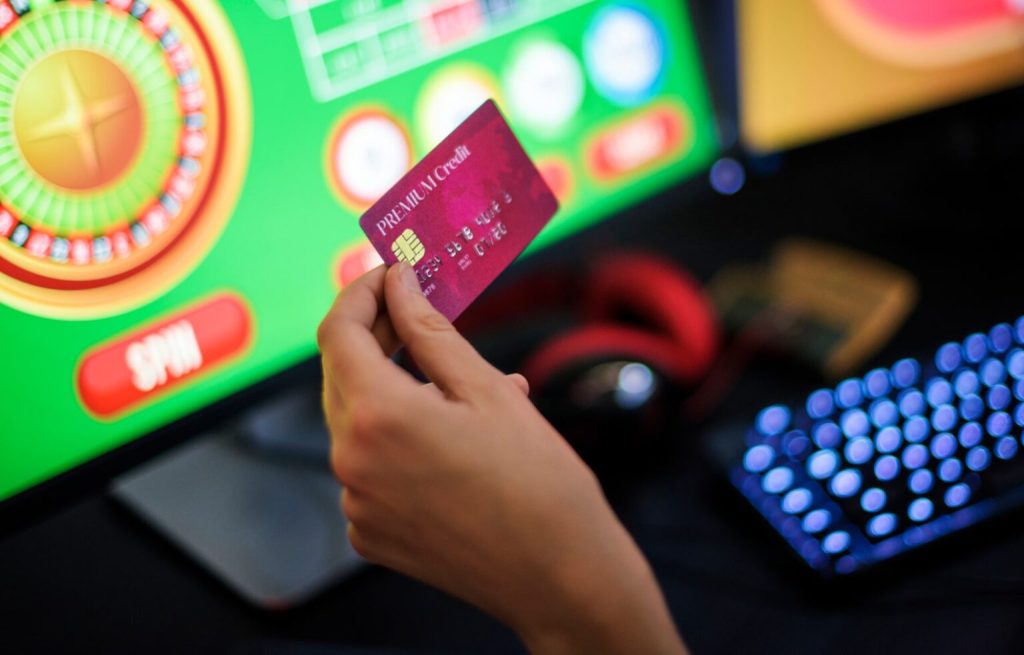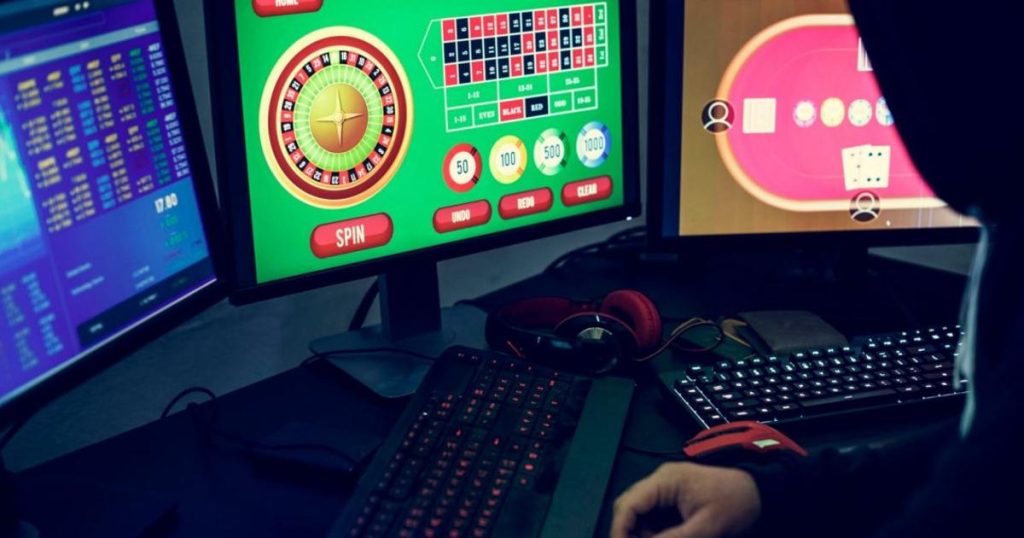The data confirmation process has become a mandatory step for those who plan to play honestly and smoothly withdraw their winnings. The question of how to pass verification at a casino is directly related to security, law, and trust in the platform. Understanding the algorithm eliminates delays, rejections, and disputes right from the start. Let’s talk about it in more detail.
What is verification at a casino and when is it required
How to pass verification at a casino is a question that arises for every newcomer after the first withdrawal request. Without identity confirmation, the platform will not approve transactions. The process is simple but requires accuracy.
The platform initiates the procedure after registration or with the first significant deposit. The standard set includes sending a photo of the passport, a selfie with the document, as well as confirmation of the address—usually in the form of a utility bill or bank statement.
Each action is recorded within the framework of the AML (Anti-Money Laundering) policy aimed at preventing fraud and money laundering. Failure to comply with the requirements may result in the freezing of the account and the inability to conduct financial transactions.
Which documents are most commonly requested for casino verification
 Most licensed platforms use similar document requirements. The list is standard but with nuances:
Most licensed platforms use similar document requirements. The list is standard but with nuances:
- Passport or national identity card—requires a color image of the photo and full name spread.
- Proof of address—utility bill, bank statement, or lease agreement issued no later than 90 days ago.
- Photo with the document in hand—additional protection against forgery and multi-accounts.
- Confirmation of payment systems—screenshot of the wallet or card with obscured digits.
This approach ensures data protection, prevents fraud, and strengthens trust between the platform and the player. Without these documents, account verification at a casino is impossible.
Common issues with casino verification
Errors start with formalities: low-quality photos, cropped documents, mismatched data between the account and the passport. Players often forget about the validity period of the receipt—on the 91st day, the document becomes invalid.
Some platforms request proof of income source—especially when withdrawing large sums. Bank statements, tax declarations, or transaction history from the payment system become mandatory.
Regulated establishments strictly adhere to KYC protocols, and any discrepancies raise suspicions. In case of systematic errors, the platform may block the account until the violations are rectified.
Considerations when choosing a casino: security and fairness
Prior to registration, it is important to assess not the bonuses but the reputation. A transparent casino specifies which documents will be required, what is needed for account identification, and how long the verification process will take.
Key reliability indicators:
- License from official regulators—Curacao, MGA, UKGC.
- Clear privacy policy and data protection.
- Open information about KYC and AML.
- Prompt response from customer support.
Registering on an unlicensed platform is a step towards risks. Without legal guarantees, the player loses protection and cannot rely on fairness in payouts. Reputation is reflected in reviews, overviews, and ratings—these sources help build trust even before making a deposit.
Financial nuances: deposit, withdrawal, and payment systems
Verification grants access to money operations. Before completing the procedure, the casino will not process a withdrawal request, especially for amounts over 100 euros.
Operators use different payment systems: bank cards, e-wallets, cryptocurrencies. Each requires confirmation. For example, a screenshot from online banking with the cardholder’s name and logo speeds up verification.
Suspicious transactions undergo manual review. Algorithms detect sudden deposit spikes or multiple operations from different IPs. Such cases automatically fall under AML control.
Legislation in the gambling sector requires constant monitoring of operations. Therefore, every player’s move is recorded and analyzed from a security standpoint.
Responsibility and age
Passing verification at a casino involves not only technical steps. The law prohibits minors from participating in gambling. Hence, each platform verifies the age. Without this, it is impossible to create an account or make a deposit.
Operators also analyze behavior: signs of addiction, betting frequency, session duration. If necessary, the system activates self-restriction tools: limits, reminders, temporary blocks.
Responsibility in gambling is not an ethical concept but a legal standard. If a player violates the terms, they lose access. If a casino breaches the regulations, it loses its license. Clear actions ensure a balance between risks and security.
Why KYC has become an industry standard
Since the early 2020s, around 82% of platforms have implemented a full KYC cycle, including biometrics and behavioral analysis. The reason was the increase in fraud and pressure from regulators. In 2023 alone, regulators imposed over 135 million euros in fines for AML and KYC violations.
The casino controls everything from IP addresses to player preferences. It’s not surveillance but the foundation of fair play. The KYC system recognizes suspicious schemes: multi-accounts, hacks, withdrawals to dummy cards.
Since the full KYC cycle was introduced, the processing speed of requests has decreased by 40%. The platform verifies accounts faster and releases winnings without delays. This is why passing verification at a casino is not a bureaucratic barrier but a step towards comfortable gaming.
How to avoid mistakes and choose the right platform
A reputable platform does not prolong the procedure. Identity verification takes 24–48 hours. The platform informs about the verification status, provides recommendations, and uses support chat for clarifications.
Dubious services often delay withdrawals, citing verification. Signs of fraud include changing rules after a deposit, confusing instructions, lack of a clear KYC structure. Reliable platforms publish conditions openly, use automatic document verification, and work honestly with the player. Trust is built from the speed of verification, process clarity, and requirement correctness.
How to pass verification at a casino: a brief guide
 To successfully pass verification, it is important to follow a clear order. The algorithm works in any licensed system. You need to:
To successfully pass verification, it is important to follow a clear order. The algorithm works in any licensed system. You need to:
- Register an account with real data—full name, date of birth, address.
- Upload a color photo of your passport or another identity document.
- Confirm the address—a utility bill or bank statement will suffice.
- Take a selfie with the document in hand against a light background.
- If necessary—provide a document confirming the source of income.
- Confirm the payment method: card, wallet, payment system account.
- Wait for the completion verification email.
The faster and more accurate the identification process, the higher the platform’s reliability, the lower the risks, and the greater the chances of a comfortable gaming experience.
 en
en  de
de  ar
ar  es
es  hi
hi  fr
fr  nl
nl  it
it  pt
pt  el
el 









